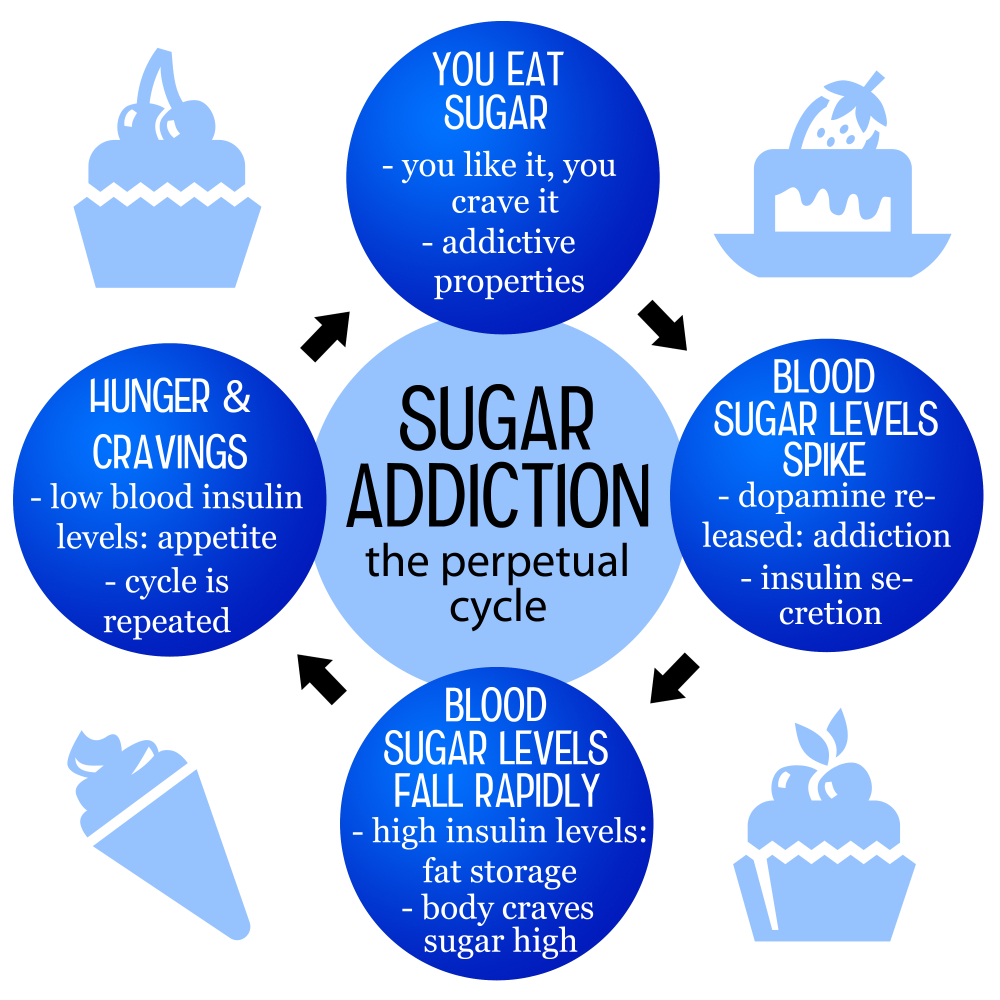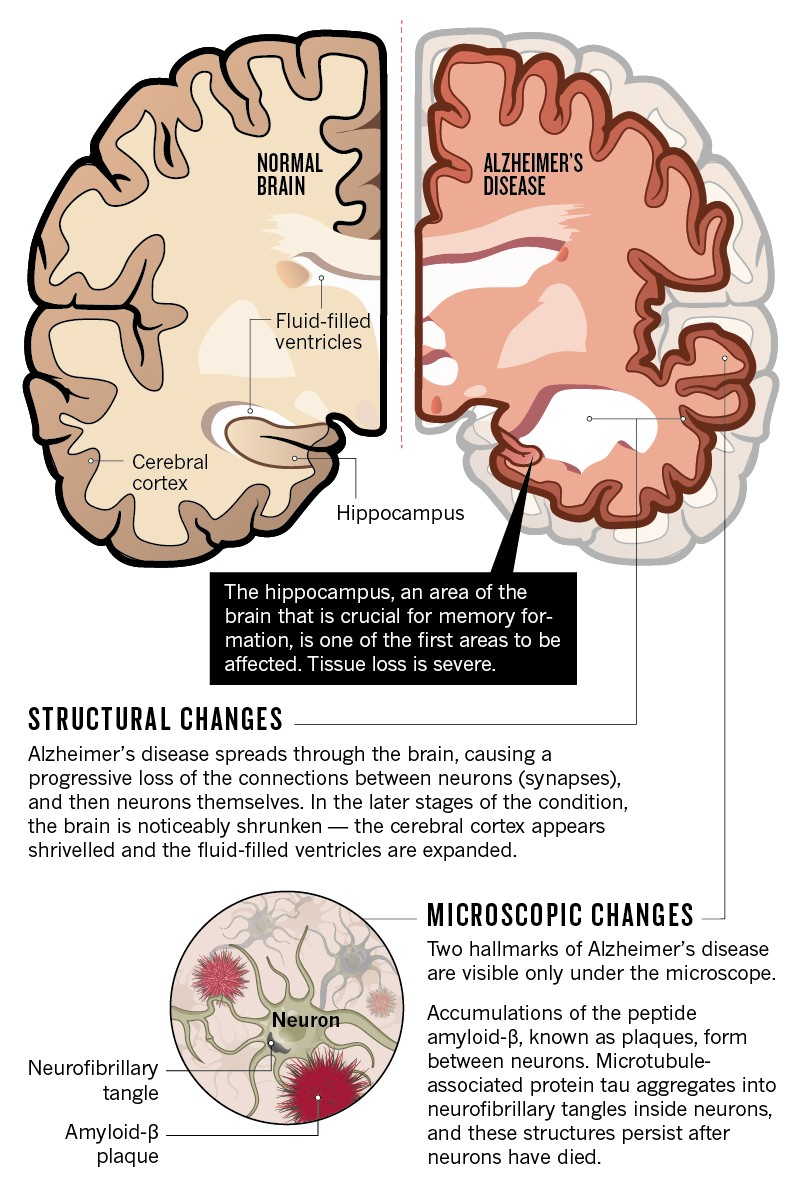Boston Marathon psychology encompasses the intricate mental and emotional aspects that drive thousands of runners to take on the challenge of 26.2 miles each year. With the Boston Marathon serving as a backdrop, the psychological effects of running become remarkably clear, as individuals confront their limits, fears, and aspirations. Many runners not only seek personal triumphs but also harness running motivation rooted in deeper stories, such as overcoming loss or advocating for mental health awareness. This unique intersection of endurance sports and mental health shines a light on how the marathon is a powerful vehicle for self-discovery and resilience. As participants cross the finish line, their experiences reflect a mosaic of human emotions, illustrating why the Boston Marathon is more than just a race; for many, it is a journey of psychological transformation.
Exploring the mental dynamics of long-distance running, particularly within the context of the Boston Marathon, reveals how athletes grapple with their motivations and emotional well-being. The psychological landscape of endurance racing highlights a range of experiences, from euphoria to distress, as participants navigate their personal challenges and ambitions. Each marathon runner carries a unique narrative, often tied to life events like grief or triumph, which informs their training and performance. This confluence of mental health and athleticism not only fosters motivation but also emphasizes the therapeutic benefits of running. In this light, the Boston Marathon becomes a canvas for personal stories, illustrating the profound psychological effects that endurance sports can have on individuals.
Understanding the Psychological Benefits of the Boston Marathon
The Boston Marathon is much more than an athletic competition; it captivates the minds of runners through its profound psychological benefits. Participating in such an event prompts intense self-reflection and personal growth. For many, crossing the finish line symbolizes overcoming personal barriers, leading to an increased sense of self-worth and accomplishment. According to running expert Jeff Brown, the marathon offers a transformative moment for participants, allowing them to evaluate their physical and mental capabilities. This evaluation creates a rich psychological experience, where each runner’s journey is refracted through different motivations and emotional landscapes.
The intersection of mental health and endurance sports is also significant. Research has shown that long-distance running can significantly improve overall mental well-being. As runners prepare and train, they forge coping strategies that can aid them beyond race day. The adrenaline and endorphin rush that comes with running not only boost mood but also serve as powerful tools for managing stress and anxiety. For many Boston Marathon runners, this event represents not just a personal challenge, but a community of support and shared experiences that uplift their mental health.
Motivation Behind Running: Personal Stories
With each Boston Marathon comes a tapestry of personal stories that drive runners to participate. Some runners dedicate their marathon journey to loved ones lost or in a battle for survival, channeling their emotions into their training. Others take on the distance as a way to confront personal trials, such as reflecting on a recent diagnosis or seeking closure after a significant life event. The stories that fill the mental space of runners reflect the diverse motivations that propel them forward, ultimately enriching their mental health and sense of purpose.
These motivations provide a deep well of inspiration that often complements the rigorous task of marathon training. For many individuals, the desire to achieve something monumental like the Boston Marathon creates a laser focus, crucial for maintaining dedication throughout months of preparation. Runner motivation intricately ties into mental health, where overcoming physical obstacles parallels personal growth and emotional healing. Each runner’s story adds a unique chapter to the global narrative of the Boston Marathon, illustrating the profound impact of individual journeys on collective mental resilience.
The Emotional Spectrum of Marathon Finishers
Crossing the finish line of the Boston Marathon brings a wave of emotions that can range from exhilarating joy to deep personal reflection. As noted by psychologist Jeff Brown, the runners finish not just a race, but an emotional journey that encapsulates their training, struggles, and triumphs. For some, elation prevails as they celebrate personal bests, while for others, the emotional release can lead to cathartic tears or quiet contemplation of their experience. This varied emotional landscape highlights the psychological effects of running, as finishing a marathon is often more about the experience and the story behind it rather than just the physical achievement.
The medical tent post-race becomes a stark reminder of these emotions, as finishers dealing with physical ailments often become vulnerable beyond mere physical exhaustion. It’s in these moments that the psychological support provided by professionals like Brown becomes crucial to managing the complex feelings that surface. Runners may feel a spectrum of emotions that manifests as joy, pain, or even sadness, emphasizing how intertwined physical exertion is with mental health. The Boston Marathon exemplifies how achievement can be deeply nuanced, revealing the inherent emotional richness of endurance sports.
The Connection Between Mental Health and Endurance Sports
Endurance sports like the Boston Marathon have a unique correlation with mental health, showcasing how consistent physical activity can lead to improved psychological well-being. The marathon serves as a powerful context where runners can escape daily stressors and channel their energies into meaningful goals. Simply participating in the marathon can foster a sense of community and support that further nurtures mental resilience. This community engagement can help combat feelings of loneliness and depression, which are crucial elements in the mental health narrative of modern life.
Moreover, the discipline required to train and prepare for such an extensive race can give participants a structured routine that enhances their mental fortitude. The combination of setting personal goals, adhering to training schedules, and engaging in a supportive environment fosters positive mental health outcomes. Advocates like Brown highlight that running fosters self-discipline, increases self-esteem, and builds resilience, key traits that have lasting implications beyond the racecourse.
Running Motivation: A Personal Challenge and Community Effort
Running offers a uniquely personal challenge that is often coupled with a strong community aspect, especially seen at events like the Boston Marathon. Each runner builds motivation from their unique story, driving them to push their limits while sharing this journey with others. This duality of personal ambition intertwined with communal spirit illustrates how running can serve as a platform for support and shared motivation, emphasizing that while the road may be solitary, the spirit is collective.
The bonds formed through training and participating in races provide runners with an emotional backing that promotes mental health resilience. Many find that this social interaction fuels their motivation to succeed, as they are not just running for personal gain but often for juxtapositions of community, charity, or tribute. An event like the Boston Marathon stands as a testament to communal strength as thousands support each other, turning personal challenges into shared victories that enhance everyone’s mental and emotional well-being.
The Journey Beyond the Finish Line: Embracing the Experience
The finish line might be perceived as an endpoint, but for marathon runners, it’s often the beginning of a new journey in how they perceive themselves and their limits. Brown emphasizes how crossing the finish line opens the door to self-discovery and reflection, allowing runners to confront and celebrate their achievements. This ‘transformation’ can lead to newfound motivations and aspirations that extend far beyond the marathon itself, influencing aspects of their personal and professional lives.
Post-race experiences often include sharing stories, reconnecting with other runners, and processing victories and losses alike, which further reinforces the psychological benefits of running. Many report feelings of heightened self-esteem and an invigorated sense of purpose post-marathon, making the entire experience a potent catalyst for personal growth. Embracing the moments of reflecting on the journey emphasizes how preparation, determination, and community support shape the mental health narrative of marathon running.
Resilience Through Running: Overcoming Life Challenges
The Boston Marathon unveils stories of resilience where individual struggles find resolution through the discipline of running. Each runner embodies a journey of overcoming life’s hurdles—be it personal loss, health challenges, or societal pressures. These challenges are often transformed into powerful motivators, driving individuals to undertake the rigorous training and preparation necessary for such a demanding event. Through running, they find not just a means to challenge their physical limits but a therapeutic outlet for processing their emotional struggles.
This narrative of resilience created through running underscores the synergy between physical endurance and mental strength. Runners often reflect on how the very act of training and pushing through discomfort serves to fortify their mental health. This interconnectedness of physical activity and psychological endurance fosters a strong community willing to uplift each other, proving that resilience forged on the pavement can translate into strength faced in life’s many arenas.
The Transformative Power of the Boston Marathon Experience
Completing the Boston Marathon is a transformative experience that impacts participants on multiple levels—physically, mentally, and emotionally. As runners cross the finish line, they are often overwhelmed with feelings of accomplishment, which can lead to a renewed sense of identity. Jeff Brown discusses how the marathon encapsulates a moment where hopes are realized, deeply influencing how individuals view their capabilities and self-worth. It is a pivotal experience marked by personal achievement, with lasting effects well beyond the race.
The transformative power of completing the marathon influences future endeavors and aspirations. Many runners report approaching life’s challenges with newfound tenacity, emboldened by the commitment and resilience demonstrated in their marathon journey. This mental shift can result in enhanced overall well-being, as they carry the lessons of perseverance and goal-setting into other facets of life, echoing the profound psychological effects of running.
The Legacy of Running: Boston Marathon Stories
Every year, the Boston Marathon generates a rich tapestry of narratives that contribute to its longstanding legacy. Personal stories of triumph, heartbreak, and perseverance define the memories tied to the event. Runners often share motivations that are deeply personal, such as raising funds for charities close to their hearts, memorializing lost loved ones, or simply achieving a lifelong dream. Each narrative weaves into the broader understanding of what it means to run such a prestigious race, elevating the psychological significance of participation.
The legacy of these stories resonates with past and future participants alike, creating an ongoing dialogue about the power of running in navigating life’s complexities. This narrative continuity reflects the psychological impact that running can have on both individual mental health and community support structures. Each story shared enhances the Boston Marathon’s ethos, transforming it into not just a race, but a collective journey of shared experiences and aspirations.
Frequently Asked Questions
What is the impact of mental health on Boston Marathon runners?
Mental health plays a critical role in the experience of Boston Marathon runners. The psychological effects of running can lead to feelings of accomplishment, resilience, and even catharsis. Runners often channel personal struggles into their training, using the marathon as a way to process emotions and affirm their identities. On race day, those who face significant challenges might find themselves in medical tents, reflecting the high stakes of pushing one’s limits while also highlighting the importance of mental well-being in endurance sports.
How does running motivation influence performance in the Boston Marathon?
Running motivation is a key factor that influences performance in the Boston Marathon. Runners who have strong, personal reasons for participating—such as honoring a loved one or overcoming adversity—tend to perform better. This intrinsic motivation fuels their endurance and mental strength, helping them push through the physical and psychological barriers they encounter during the race.
What psychological effects can participants experience during the Boston Marathon?
Participants in the Boston Marathon can experience a range of psychological effects, including exhilaration, anxiety, and a sense of community. The journey of preparing for such an event often leads to increased self-awareness and personal growth. Many finishers report feelings of elation and accomplishment, particularly when the medal is awarded, which symbolizes the fulfillment of a substantial goal. However, some may also encounter acute distresses, such as disorientation or emotional fatigue, reflecting the intense pressures of the marathon.
How can the Boston Marathon story inspire mental health recovery?
The Boston Marathon story encapsulates themes of resilience, hope, and community, which can be profoundly inspiring for mental health recovery. Many runners share their personal narratives of perseverance through hardship, framing their training and racing as a therapeutic avenue. By witnessing others overcome their challenges and achieve goals, individuals grappling with mental health issues may find motivation and comfort in the shared experiences found in the marathon community.
What role does psychological support play in Boston Marathon training?
Psychological support is vital in Boston Marathon training, helping runners navigate the mental hurdles associated with intense long-distance running. Professionals like psychologists provide strategies for coping with stress, anxiety, and motivation, enabling runners to build mental resilience. Having a solid mental health framework supports training consistency and race day performance, fostering a positive mindset that enhances both physical and psychological endurance.
How do endurance sports like the Boston Marathon contribute to mental health?
Endurance sports, such as the Boston Marathon, contribute significantly to mental health by promoting physical fitness, relieving stress, and enhancing mood. The structured training and goal-oriented nature of marathon running can create a sense of purpose and accomplishment. The camaraderie and shared experiences among participants further bolster emotional well-being, making it a powerful tool for improving mental health through community and personal achievement.
| Key Aspect | Description |
|---|---|
| Purpose of Running the Marathon | Runners have deeply personal reasons for participating, from honoring loved ones to personal achievements. |
| Psychological Support | Jeff Brown and his team provide psychological evaluations and support for runners facing various physical and emotional challenges during the race. |
| Transformational Experience | Completing the marathon serves as a significant achievement that can enhance a runner’s self-esteem and self-concept. |
| Community and Affirmation | Runners find a sense of community and affirmation, particularly amid a culture often filled with criticism. |
| Diverse Motivations | Participants range from seasoned athletes to first-time runners, each with unique motivations and goals. |
Summary
Boston Marathon psychology delves into the myriad mental and emotional factors influencing runners. Each year, the marathon brings together individuals motivated by personal challenges and communal support, showcasing incredible resilience and transformation. Under the guidance of professionals like Jeff Brown, participants not only face physical hurdles but also navigate profound psychological experiences, all culminating in a celebration of achievement and self-discovery. Through this event, many find not just personal victories but also a collective spirit that reaffirms their place within a vibrant community.




